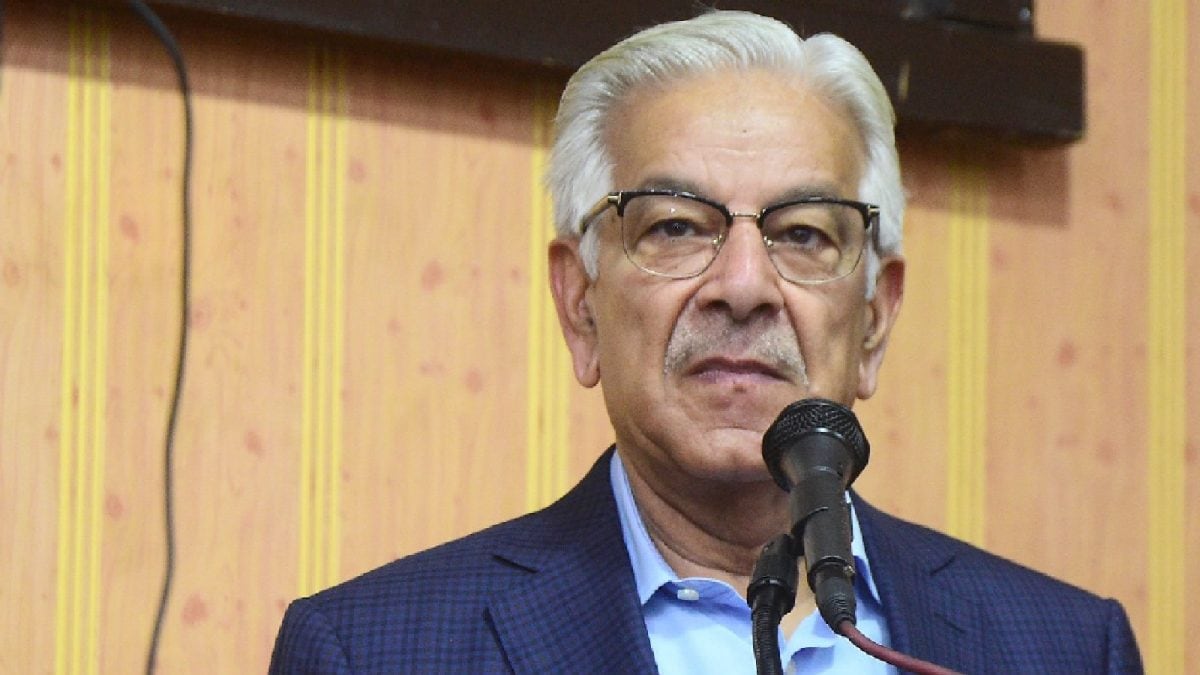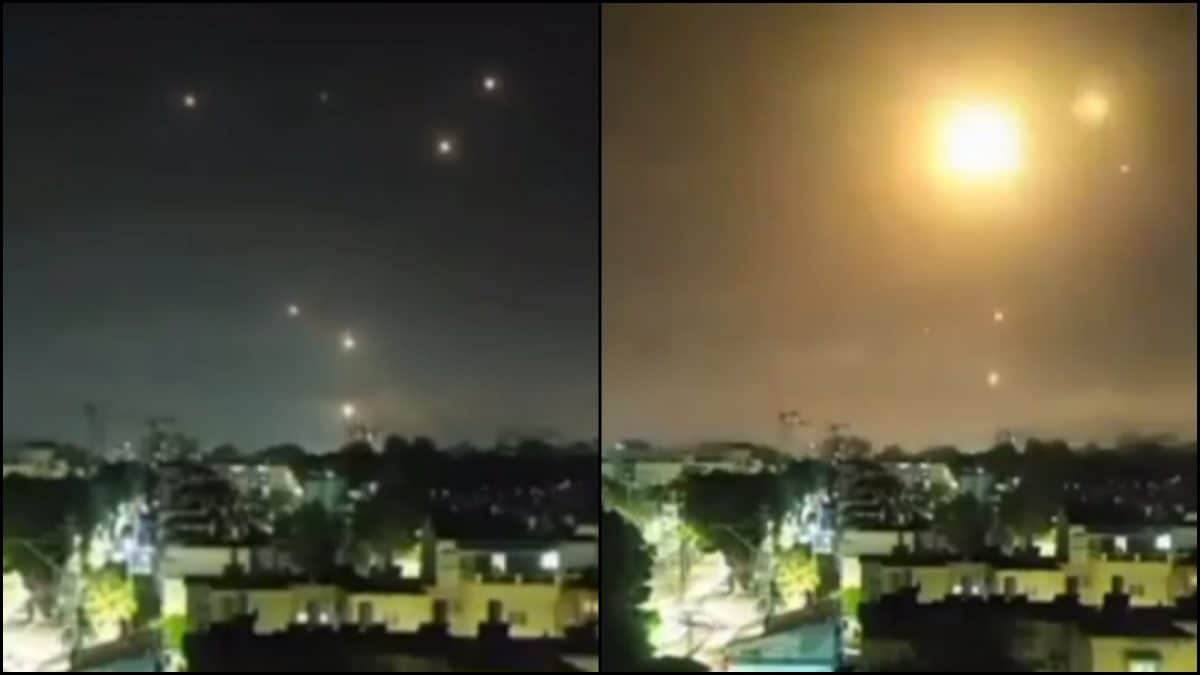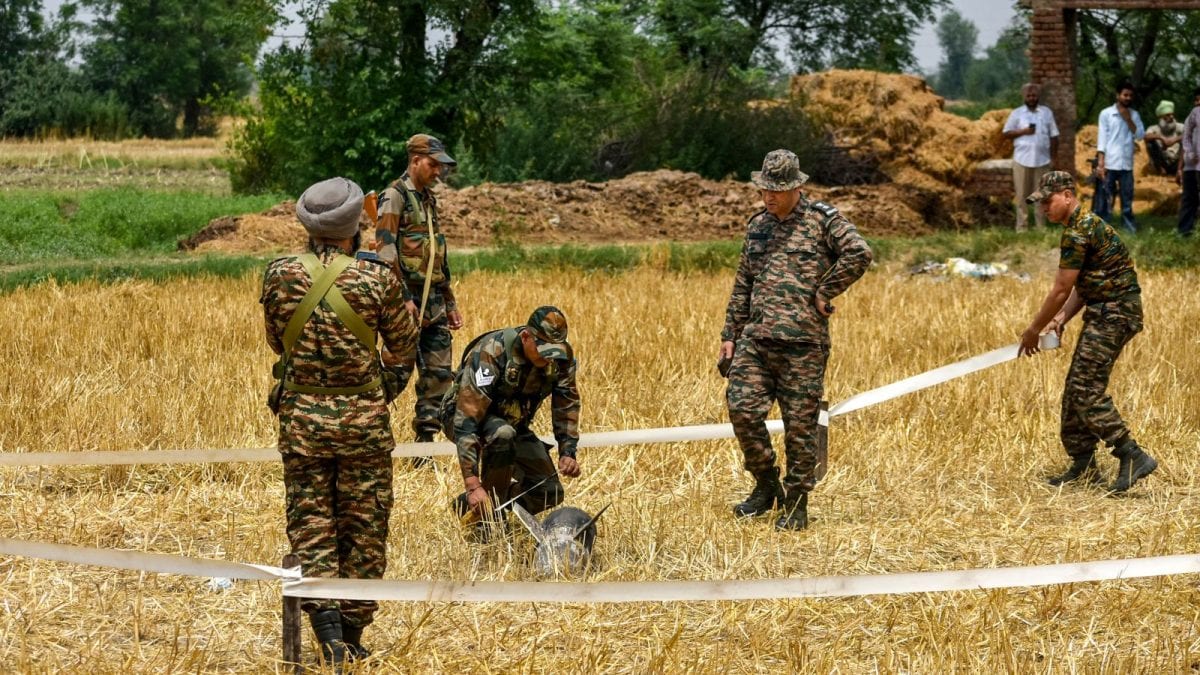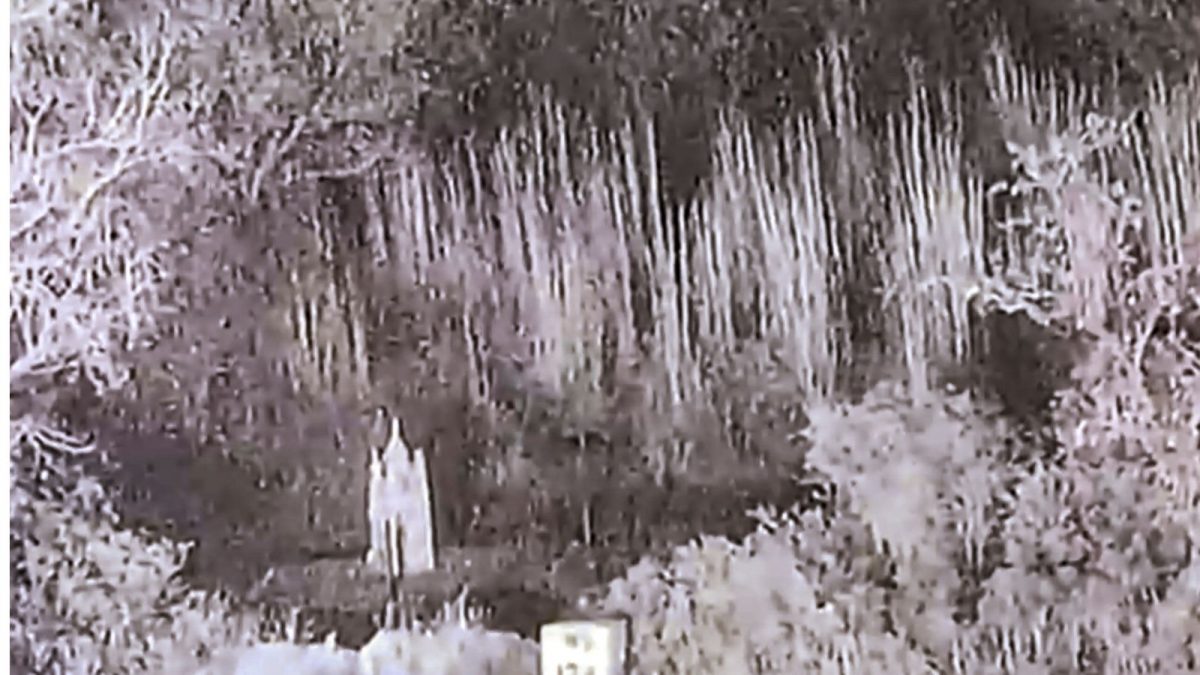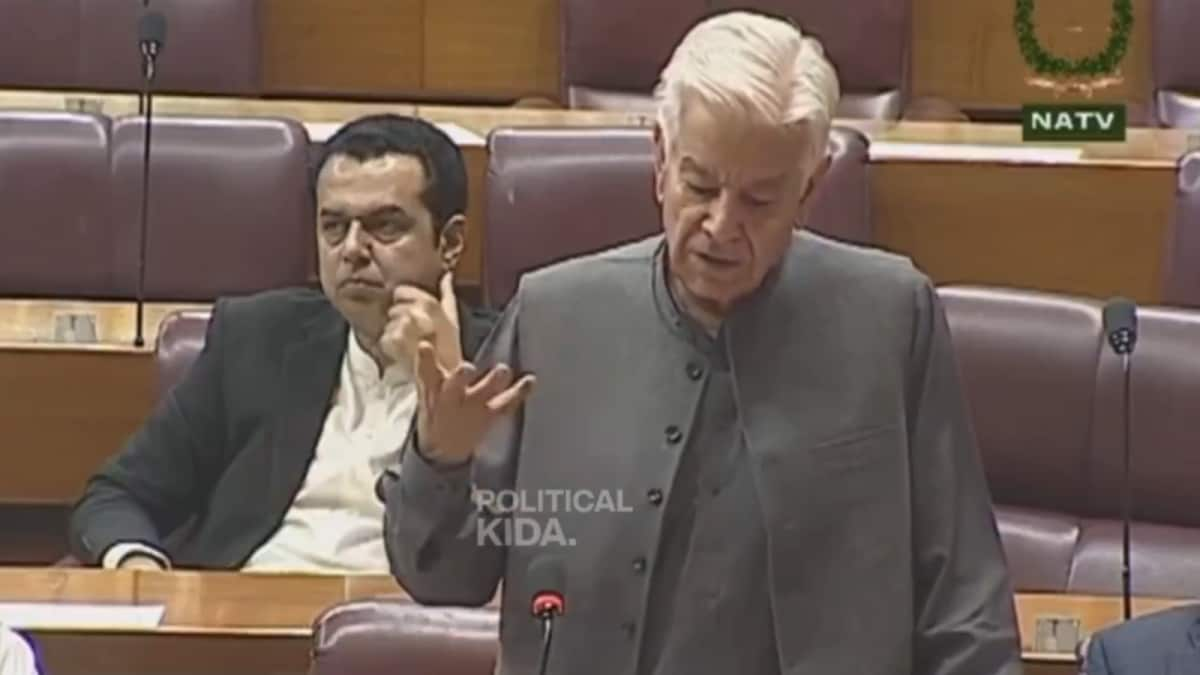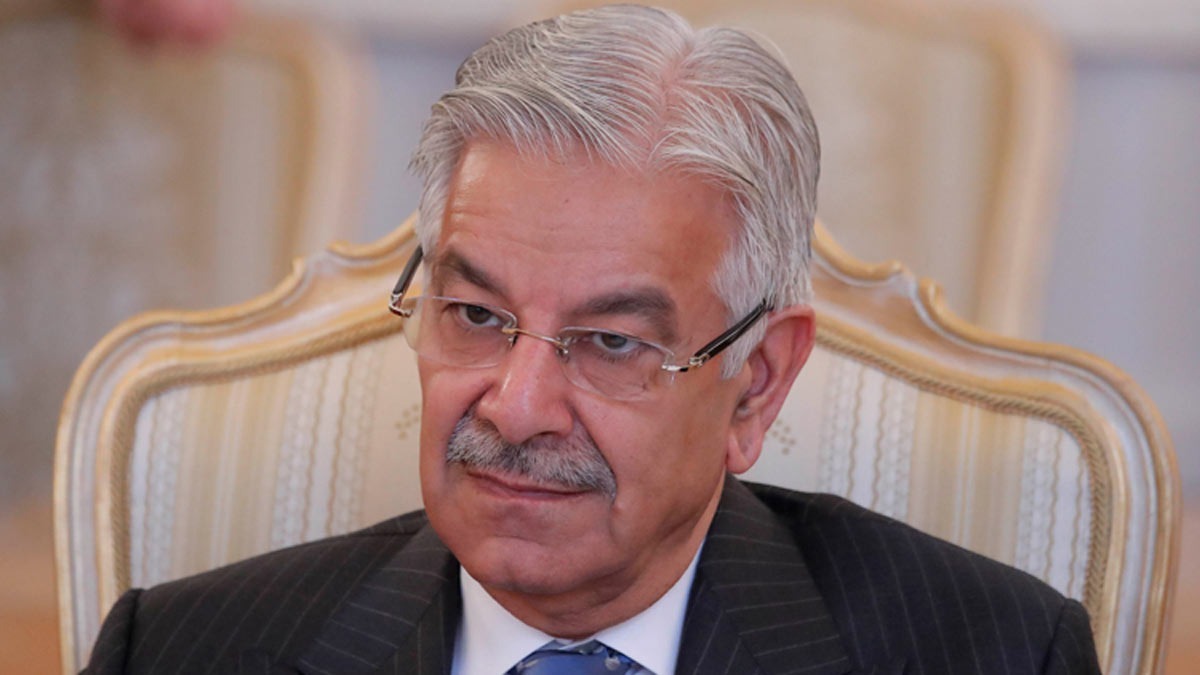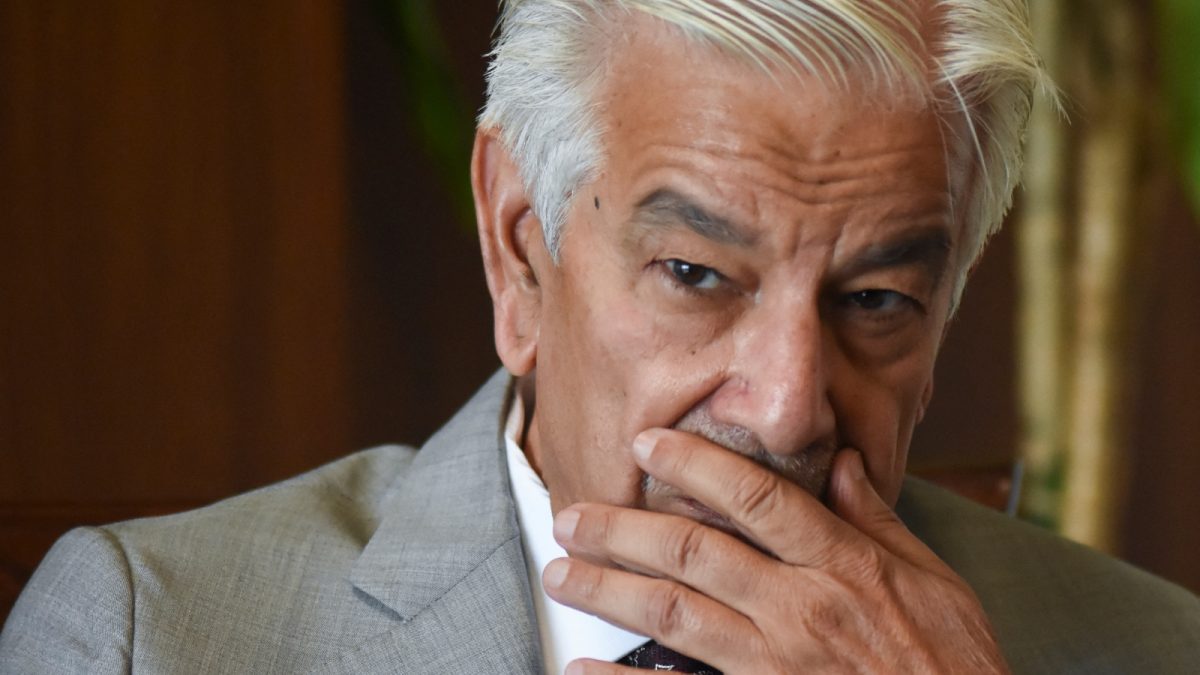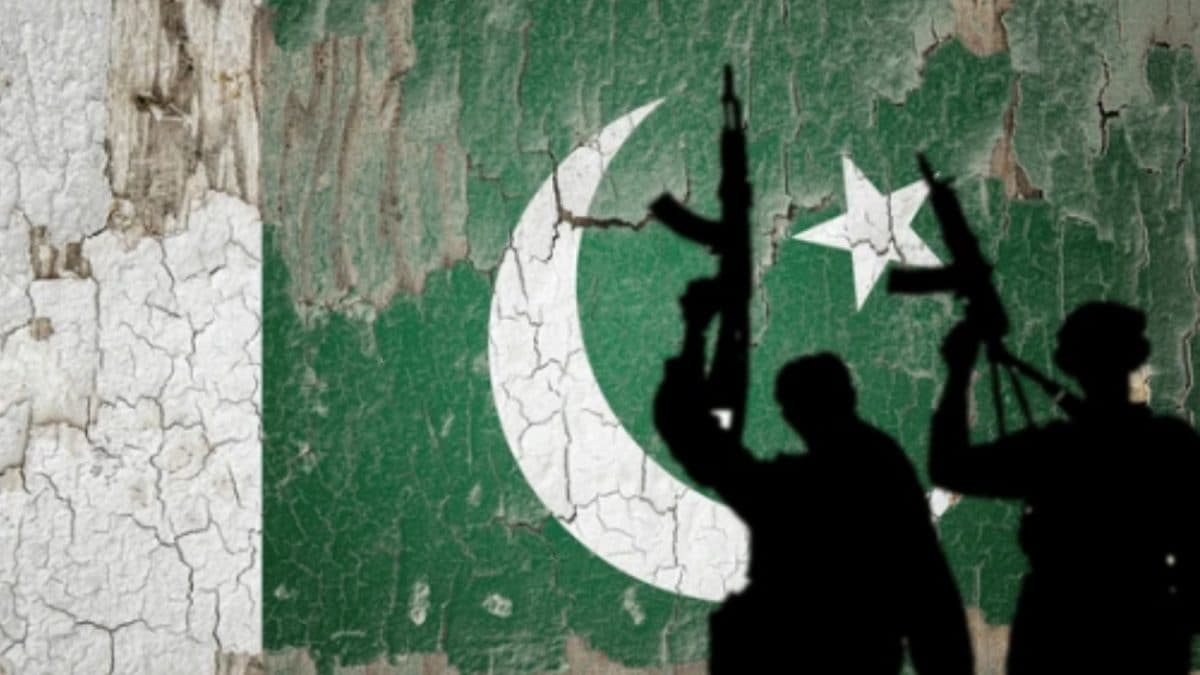Israel orders Rafah evacuation
The Israeli military issued sweeping evacuation orders covering most of the southern city of Rafah in the Gaza Strip on Monday morning.
Earlier this month, Israel ended a ceasefire and renewed its air and ground war against the Hamas militant group.
As Associated Press reports, Israel launched a major operation in Rafah, on the border with Egypt, last May, leaving large parts of it in ruins.
Israeli forces seized a strategic buffer zone along the border and did not withdraw from it as called for in the ceasefire agreement, saying it needed to maintain a presence there to prevent weapons smuggling.
In other developments:
Israeli Prime Minister Benjamin Netanyahu picked former navy commander Eli Sharvit to head the domestic security agency, his office said Monday, despite the supreme court freezing the dismissal of the current Shin Bet chief, Ronen Bar.
Suspected US airstrikes struck around Yemen’s rebel-held capital, Sanaa, overnight, and the Iranian-backed Houthis say at least one person was killed. The full extent of the damage and possible casualties wasn’t immediately clear. The attacks followed a night of airstrikes early Friday that appeared particularly intense compared to other days in the recent campaign.
Iran has responded to a letter sent by US President Donald Trump wrote to its supreme leader in an attempt to jump-start talks over Tehran’s rapidly advancing nuclear programme, rejecting the option of direct talks. The decision leaves open the possibility of indirect talks with Washington, but such talks have made no progress since Trump in his first term unilaterally withdrew the US from Tehran’s nuclear deal with world powers in 2018.
Key events Show key events only Please turn on JavaScript to use this feature
Suspected US airstrikes struck around Yemen’s rebel-held capital overnight, attacks that the Iranian-backed Houthis said killed at least three people.
The full extent of the damage was not immediately clear, AP reported. The attacks into Monday followed a night of airstrikes early on Friday that appeared particularly intense compared to other days in the campaign that began on 15 March.
The strikes around Sana’a, Yemen’s capital held by the Houthis since 2014, and Hajjah governorate also wounded 12 others, the rebels said.
Their Al-Masirah satellite news channel aired footage of broken glass littering homes in Sana’a after the concussive blast of the bombs, but continued not to show the targets of the attacks – suggesting the sites had a military or intelligence function.
Strikes there killed one person, the rebels said. Another strike targeting a pickup truck in Hajjah killed two people and wounded a child, the Houthis said.
Return to ceasefire between Israel and Hamas is essential, EU says
The EU wants a resumption of negotiations between Israel and Hamas as it is the only way forward, a EU spokesperson said on Monday.
“A return to the ceasefire is essential, leading to the release of all hostages and a permanent end to hostilities,” the spokesperson said.
“Humanitarian aid access and distribution, as well as the supply of electricity to Gaza, must be resumed immediately,” they said, adding that “Palestinians and Israelis have suffered immensely in the last year and a half. It is time to break the cycle of violence”.
A senior Hamas official on Monday called on supporters worldwide to pick up weapons and fight US president Donald Trump’s plan to relocate more than two million Palestinians in Gaza to neighbouring countries such as Egypt and Jordan.
“In the face of this sinister plan – one that combines massacres with starvation – anyone who can bear arms, anywhere in the world, must take action,” Sami Abu Zuhri said in a statement.
“Do not withhold an explosive, a bullet, a knife, or a stone. Let everyone break their silence.”
Abu Zuhri’s call comes a day after Israeli prime minister Benjamin Netanyahu offered to let Hamas leaders leave Gaza but demanded that the Palestinian militant group disarm in the final stages of the war in Gaza, AFP reported.
Hamas has expressed a willingness to relinquish Gaza’s administration, but has warned its weapons are a “red line”.

The Israeli military said on Monday that an inquiry had found that on 23 March, troops opened fire on a group of vehicles that included ambulances and fire trucks when the vehicles approached a position without prior coordination and without headlights or emergency signals.
It said several militants belonging to the militant groups Hamas and Islamic Jihad were killed.
“The IDF condemns the repeated use of civilian infrastructure by the terrorist organisations in the Gaza Strip, including the use of medical facilities and ambulances for terrorist purposes,” it said in a statement.
It did not comment directly on the deaths of the Red Cross workers.
Two arrested in Israeli Qatar probe
Associated Press are just reporting that Israeli police have arrested two suspects linked to the investigation into ties between Qatar and Benjamin Netanyahu.
The case is under a sweeping gag order and police did not name the suspects in their announcement on Monday.
The investigation is looking into accusations that Qatar, which is a key mediator between Israel and Hamas, hired people in the Israeli PM’s orbit to manage public relations campaigns.
The alleged Qatar links are also being investigated by Shin Bet, the country’s internal security agency.
Netanyahu moved to dismiss the agency’s head, Ronen Bar, earlier this month, saying he had lost confidence in the official in part because of the security failures leading up to Hamas’ 7 October attack.
Critics accuse Netanyahu of trying to derail the Qatar probe and undermine state institutions that check his authority.
Here is a report earlier this month from our correspondent, William Christou, that covers some more detail from the Qatar case and Netanyahu’s other legal issues:
Bar supporters see Qatar investigation linked to dismissal
Critics who opposed Ronen Bar’s dismissal as Shin Bet chief in court said its timing raised concern that it was meant to scupper an ongoing investigation announced into possible links between aides to Benjamin Netanyahu and Qatar.
Netanyahu, who is on trial over a separate series of corruption charges which he denies, has rejected the accusations regarding his aides and Qatar as “fake news” and a politically motivated campaign against him.
According to recent investigations by public broadcaster Kan and the left-leaning Haaretz newspaper, the aides are suspected of having orchestrated or been involved in a campaign to improve Qatar’s image abroad. They deny any wrongdoing.
Qatar is not defined by Israel as an enemy state but is home to some Hamas leaders. Along with Egypt, it has been mediating indirect negotiations between Israel and the Palestinian militant group for a ceasefire in Gaza.
Bar’s dismissal has fuelled street protests against Netanyahu and his government over its conduct of the war in Gaza and demonstrations were expected to continue on Monday. Tens of thousands of people have joined the demonstrations against Bar’s sacking, which they cast as an attempt to undermine state institutions while prolonging the war in Gaza for political gains at the expense of hostages still held there.
Warnings of constitutional crisis as Netanyahu presses on with new Shin Bet appointment
Benjamin Netanyahu has picked former navy commander Eli Sharvit to head the domestic security agency, the Israeli PM’s office said on Monday, despite the supreme court freezing the incumbent’s dismissal.
As Agence France-Presse reports, it remains unclear when and how Sharvit could officially take charge as the court’s ruling on the removal of the current Shin Bet chief, Ronen Bar, is still pending.
Netanyahu moved to sack Bar on 21 March, after citing an “ongoing lack of trust” in him.
But after petitions filed by Israel’s opposition and a non-governmental organisation, the supreme court suspended the dismissal of Bar, whose relationship with the government became strained after he blamed the executive for the security fiasco over Hamas’s 7 October attack.
In its initial ruling, the supreme court said the freeze on Bar’s dismissal would remain in place until the appeals are presented before 8 April.
Opposition leader and former defence minister Benny Gantz praised Sharvit, who has served in the military for 36 years, but cautioned that the country could be on the brink of a constitutional crisis.
“What is clear is that the prime minister decided this morning to continue his campaign against the judicial system and lead the state of Israel toward a dangerous constitutional crisis,” Gantz said in a statement.
Gantz emphasised that “the appointment of the head of the Shin Bet must take place only after the supreme court’s ruling.”
Bodies of Red Crescent medics recovered
The bodies of eight Palestine Red Crescent (PRCS) medics who came under fire in Gaza just over a week ago have been recovered, though a ninth worker is still unaccounted for, the Red Cross said.
In a statement late on Sunday, the Committee of the Red Cross (ICRC) said it was “appalled” at the deaths.
Their bodies were identified today and have been recovered for dignified burial. These staff and volunteers were risking their own lives to provide support to others,” the ICRC said.
The PRCS said it also recovered the bodies of six civil defence members and one UN employee from the same area. It said Israeli forces had targeted the workers. Red Cross statements did not apportion blame for the attacks. The Israeli military did not immediately respond to a request for comment.
The Federation of Red Cross and Red Crescent Societies said one worker from the nine-strong PRCS group is still unaccounted for. The group went missing on 23 March. The incident was the single most deadly attack on Red Cross Red Crescent workers anywhere since 2017, the IFRC said.
IFRC Secretary General Jagan Chapagain said:
I am heartbroken. These dedicated ambulance workers were responding to wounded people. They were humanitarians.
They wore emblems that should have protected them; their ambulances were clearly marked.”

Even before this morning’s evacuation order in Rafah, the normally festive Eid al-Fitr holiday was a subdued affair in Gaza with no end in sight to the ongoing war between Hamas and Israel in which at least an estimated 50,000 Palestinians have died.
Our video team have produced this report:
Iran responds to Trump's bombing threats
Iran’s supreme leader, Ayatollah Ali Khamenei, said on Monday the US would receive a strong blow if it acts on Donald Trump’s bombing threats unless Tehran reaches a new nuclear deal with Washington.
The US president reiterated his threat on Sunday that Iran would be bombed if it does not accept his offer for talks outlined in a letter sent to Iran’s leadership in early March, giving Tehran a two-month window to make a decision.
“The enmity from the US and Israel has always been there. They threaten to attack us, which we don’t think is very probable, but if they commit any mischief they will surely receive a strong reciprocal blow,” Khamenei said, as reported by Reuters. “And if they are thinking of causing sedition inside the country as in past years, the Iranian people themselves will deal with them,” he added. Iranian authorities blame the west for recent unrest.
Last week, Iran responded to the US letter, with President Masoud Pezeshkian explaining on Sunday that Tehran would not enter direct negotiations with Washington but was willing to continue talks indirectly.
“An open threat of ‘bombing’ by a head of state against Iran is a shocking affront to the very essence of international peace and security,” foreign ministry spokesperson Esmaeil Baghaei tweeted on Monday. “Violence breeds violence, peace begets peace. The US can choose the course and concede to consequences.”
The Israeli military orders to evacuate much of Rafah indicate it could soon launch another major ground operation in the southernmost city in the Gaza Strip, reports Associated Press.
Israel ended its ceasefire with the Hamas militant group and renewed its air and ground war earlier this month. At the beginning of March it cut off all supplies of food, fuel, medicine and humanitarian aid to the territory’s roughly two million Palestinians to pressure Hamas to accept changes to the truce agreement.
The evacuation orders appeared to cover nearly all of the city and nearby areas. The military ordered Palestinians to head to Muwasi, a sprawl of squalid tent camps along the coast. The orders came during Eid al-Fitr, a normally festive Muslim holiday marking the end of the fasting month of Ramadan.
Israel has vowed to intensify its military operations until Hamas releases the remaining 59 hostages it holds — 24 of whom are believed to be alive.
The Israeli prime minister, Benjamin Netanyahu, said on Sunday that Israel would take charge of security in Gaza after the war and implement US President Donald Trump’s proposal to resettle Gaza’s population in other countries, describing it as “voluntary emigration”.
That plan has been universally rejected by Palestinians, who view it as forcible expulsion from their homeland, and human rights experts say it would likely violate international law with some describing it as “ethnic cleansing”.
Israel orders Rafah evacuation
The Israeli military issued sweeping evacuation orders covering most of the southern city of Rafah in the Gaza Strip on Monday morning.
Earlier this month, Israel ended a ceasefire and renewed its air and ground war against the Hamas militant group.
As Associated Press reports, Israel launched a major operation in Rafah, on the border with Egypt, last May, leaving large parts of it in ruins.
Israeli forces seized a strategic buffer zone along the border and did not withdraw from it as called for in the ceasefire agreement, saying it needed to maintain a presence there to prevent weapons smuggling.
In other developments:
Israeli Prime Minister Benjamin Netanyahu picked former navy commander Eli Sharvit to head the domestic security agency, his office said Monday, despite the supreme court freezing the dismissal of the current Shin Bet chief, Ronen Bar.
Suspected US airstrikes struck around Yemen’s rebel-held capital, Sanaa, overnight, and the Iranian-backed Houthis say at least one person was killed. The full extent of the damage and possible casualties wasn’t immediately clear. The attacks followed a night of airstrikes early Friday that appeared particularly intense compared to other days in the recent campaign.
Iran has responded to a letter sent by US President Donald Trump wrote to its supreme leader in an attempt to jump-start talks over Tehran’s rapidly advancing nuclear programme, rejecting the option of direct talks. The decision leaves open the possibility of indirect talks with Washington, but such talks have made no progress since Trump in his first term unilaterally withdrew the US from Tehran’s nuclear deal with world powers in 2018.

 1 month ago
1 month ago


